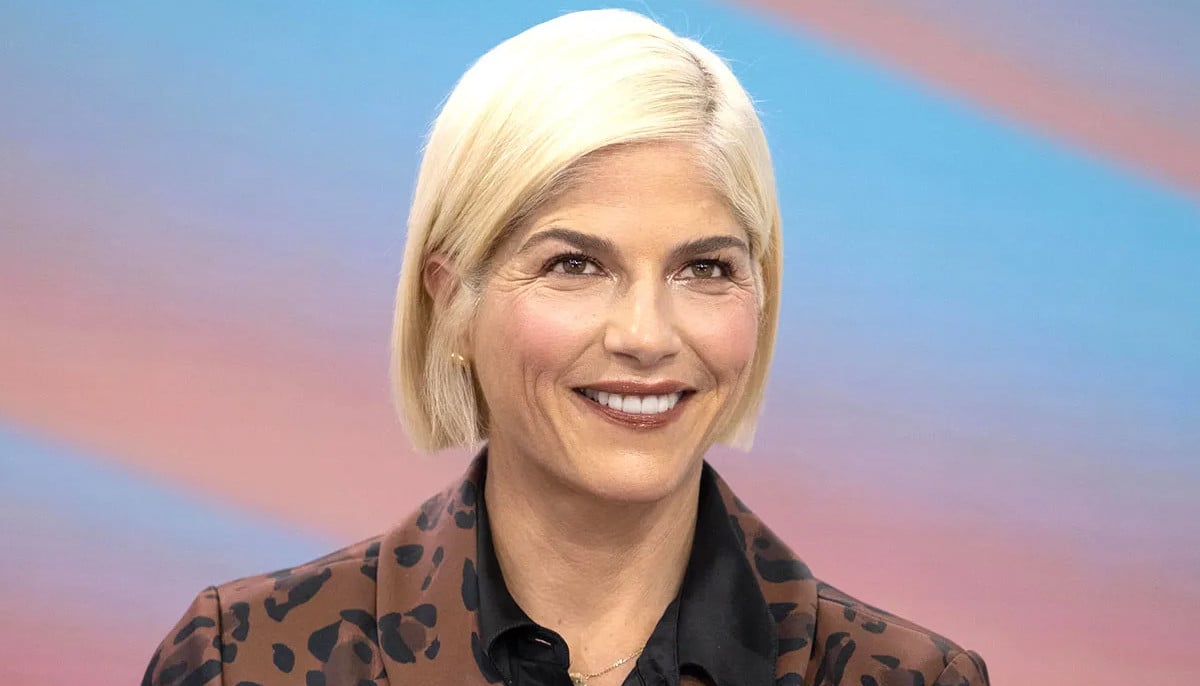Ebola: WHO promises new 100 million emergency fund
GENEVA: The head of the United Nations World Health Organization (WHO) today promised a new 100 million emergency fund and a global health crisis workforce as part of a reform package prompted by the response to the Ebola outbreak in West Africa saying, “I do not ever again want to see this organization faced with a situation it is not
By PPI
May 19, 2015
GENEVA: The head of the United Nations World Health Organization (WHO) today promised a new 100 million emergency fund and a global health crisis workforce as part of a reform package prompted by the response to the Ebola outbreak in West Africa saying, “I do not ever again want to see this organization faced with a situation it is not prepared staffed funded or administratively set up to manage.”
The world was ill prepared to respond to an outbreak that was so widespread, so severe so sustained and so complex, WHO Director General Margaret Chan told the 68th session of the World Health Assembly, the top decision making body of the UN agency that opened today in Geneva, Switzerland.
Noting that WHO was overwhelmed as were all other responders and the demands on WHO were more than 10 times greater than ever experienced in its almost 70-year history.
Dr Chan proposed making fundamental changes to enable her organization to deal with future heath emergencies like Ebola which has claimed more than 11,000 lives.
Dr Chan said she is establishing a global health emergency workforce strengthening WHO’s core and surge capacity of trained emergency response staff, developing new business processes to facilitate a rapid and effective response, proposed options for a new 100 million contingency fund and setting clear performance metrics for the programme built on partnerships with other responders.
The new programme is designed for speed flexibility and rapid impact, she said. “It reports directly to me and I am accountable to you.”
The programme will have performance benchmarks showing what must happen within 24, 48 and 72 hours not months.
An independent panel tasked to assess WHO’s response to the Ebola outbreak in West Africa said last week in its first report that the agency does not have the operational capacity or culture to deliver a full emergency public health response and urged investments by its member States to make it fit for purpose.
In her opening address, Dr Chan told the agency’s Member States that while WHO is responding to the devastating earthquakes in Nepal where it is coordinating the work of more than 150 humanitarian organizations and 130 self sufficient foreign medical teams, the biggest emergency response is concentrated in West Africa to deal with the Ebola virus.
On a positive note on the Ebola front she noted that many appreciated the way WHO moved to unite scientists, the R D research and development community and the pharmaceutical industry to develop vaccines, medicines, therapies and rapid diagnostic tests with record breaking speed.
Looking ahead Dr Chan addressed ways global health has been impacted by a world that has changed dramatically since the start of this century, saying, this is a unique time in history where economic progress is actually increasing threats to health instead of reducing them.
The WHO chief noted how the world population got bigger more urban and a lot older, adding dementia to the list of top priorities and how unfairness and social injustice were documented in statistics showing the number of forced teenage marriages, the births that never got registered, the estimated 212 million children who are stunted or wasted and the millions of people driven below the poverty line by the costs of health care, they could not live without. (PPI)
The world was ill prepared to respond to an outbreak that was so widespread, so severe so sustained and so complex, WHO Director General Margaret Chan told the 68th session of the World Health Assembly, the top decision making body of the UN agency that opened today in Geneva, Switzerland.
Noting that WHO was overwhelmed as were all other responders and the demands on WHO were more than 10 times greater than ever experienced in its almost 70-year history.
Dr Chan proposed making fundamental changes to enable her organization to deal with future heath emergencies like Ebola which has claimed more than 11,000 lives.
Dr Chan said she is establishing a global health emergency workforce strengthening WHO’s core and surge capacity of trained emergency response staff, developing new business processes to facilitate a rapid and effective response, proposed options for a new 100 million contingency fund and setting clear performance metrics for the programme built on partnerships with other responders.
The new programme is designed for speed flexibility and rapid impact, she said. “It reports directly to me and I am accountable to you.”
The programme will have performance benchmarks showing what must happen within 24, 48 and 72 hours not months.
An independent panel tasked to assess WHO’s response to the Ebola outbreak in West Africa said last week in its first report that the agency does not have the operational capacity or culture to deliver a full emergency public health response and urged investments by its member States to make it fit for purpose.
In her opening address, Dr Chan told the agency’s Member States that while WHO is responding to the devastating earthquakes in Nepal where it is coordinating the work of more than 150 humanitarian organizations and 130 self sufficient foreign medical teams, the biggest emergency response is concentrated in West Africa to deal with the Ebola virus.
On a positive note on the Ebola front she noted that many appreciated the way WHO moved to unite scientists, the R D research and development community and the pharmaceutical industry to develop vaccines, medicines, therapies and rapid diagnostic tests with record breaking speed.
Looking ahead Dr Chan addressed ways global health has been impacted by a world that has changed dramatically since the start of this century, saying, this is a unique time in history where economic progress is actually increasing threats to health instead of reducing them.
The WHO chief noted how the world population got bigger more urban and a lot older, adding dementia to the list of top priorities and how unfairness and social injustice were documented in statistics showing the number of forced teenage marriages, the births that never got registered, the estimated 212 million children who are stunted or wasted and the millions of people driven below the poverty line by the costs of health care, they could not live without. (PPI)
-
Everything we know about Jessie J's breast cancer journey
-
Winnie Harlow breaks vitiligo stereotypes: 'I'm not a sufferer'
-
Imagine Dragons star, Dan Reynolds recalls 'frustrating' diagnosis
-
Selma Blair explains why Multiple Sclerosis 'isn't so scary'
-
Can brain stimulation make people kinder & less selfish? New study offers hope
-
Mariah Carey details 'hardest' bipolar disorder experience
-
Pink reveals health routine for asthma management
-
Gigi Hadid talks about 'relieving tension' amid having Hashimoto's disease











